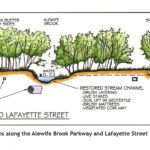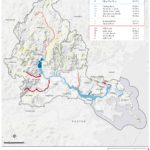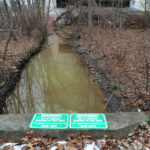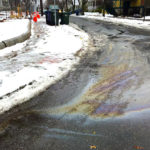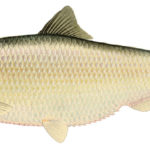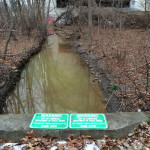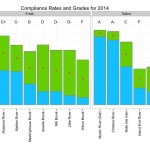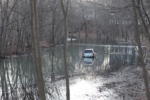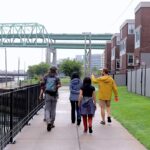
By Isaiah Johnson It’s a great time to enjoy Greater Boston’s parks and paths as we head into the middle of summer. Whether you walk, bike, or run, the Mystic Greenways are great places to get outside and enjoy fresh air. At the Mystic River Watershed Association (MyRWA), we are excited to see the path network along the Mystic River grow more connected every year, linking parks and greenways from the Mystic Lakes to Boston Harbor. The vision behind the Mystic Greenways is to connect 25 miles of paths, improve hundreds of acres of parklands, and engage thousands of community [READ MORE]


